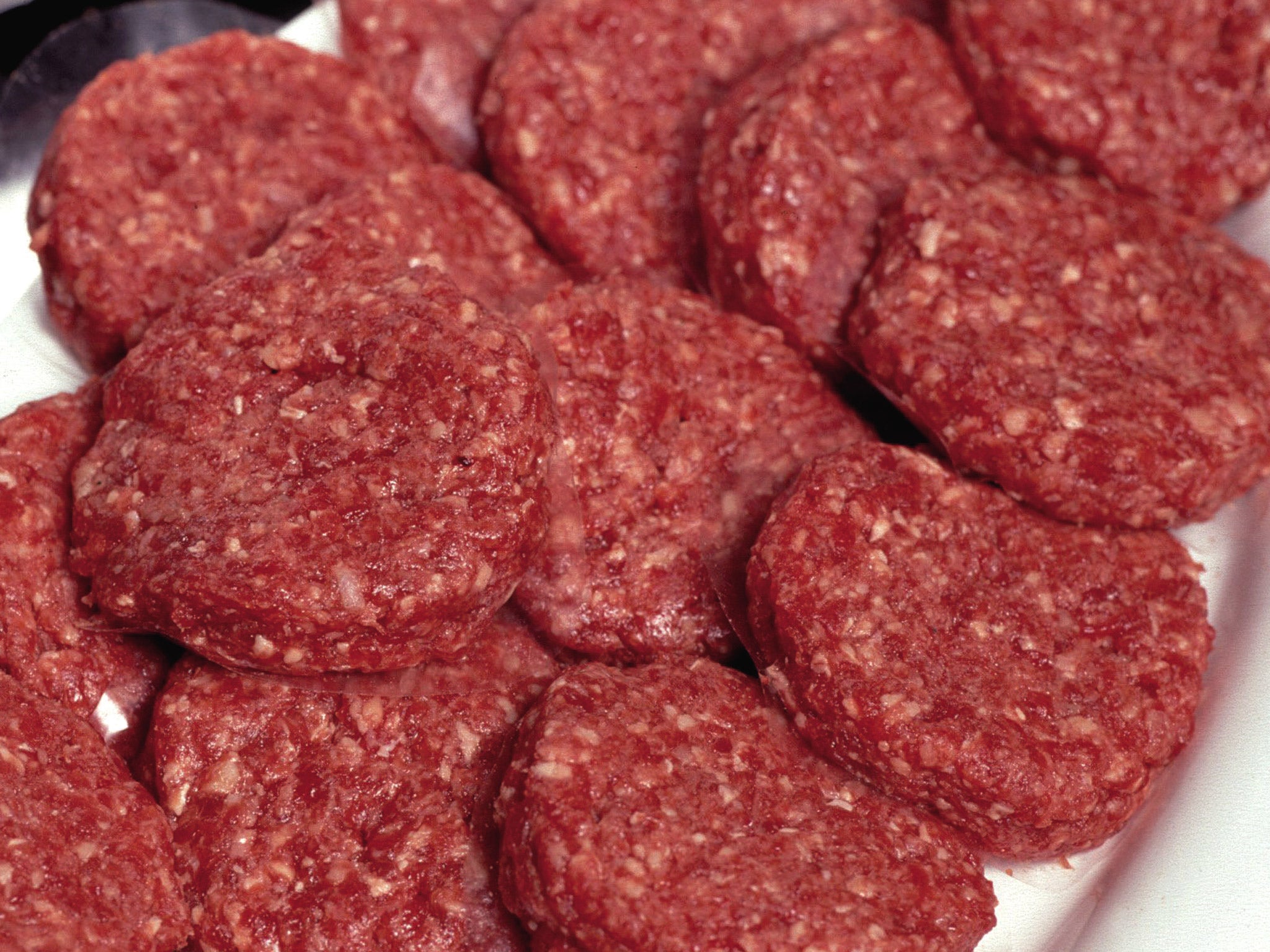Horsemeat scandal: Tesco drops burger meat supplier after 'breach of trust'

Your support helps us to tell the story
From reproductive rights to climate change to Big Tech, The Independent is on the ground when the story is developing. Whether it's investigating the financials of Elon Musk's pro-Trump PAC or producing our latest documentary, 'The A Word', which shines a light on the American women fighting for reproductive rights, we know how important it is to parse out the facts from the messaging.
At such a critical moment in US history, we need reporters on the ground. Your donation allows us to keep sending journalists to speak to both sides of the story.
The Independent is trusted by Americans across the entire political spectrum. And unlike many other quality news outlets, we choose not to lock Americans out of our reporting and analysis with paywalls. We believe quality journalism should be available to everyone, paid for by those who can afford it.
Your support makes all the difference.Tesco has dropped the supplier at the centre of its horse burger scandal over a “breach of trust”.
The supermarket was forced to issue a public apology earlier this month after tests discovered traces of the animal in beef products.
It has now vowed to introduce a new DNA testing system designed to detect any "deviation from our high standards".
Today Tesco accepted responsibility for the fiasco but appeared to pin much of the blame on its supplier.
It said Silvercrest failed to comply with company policy, sourcing meat from abroad.
Tim Smith, Tesco's technical director, said: "We now understand - with as much certainty as possible - what happened.
"The evidence tells us that our frozen burger supplier, Silvercrest, used meat in our products that did not come from the list of approved suppliers we gave them.
"Nor was the meat from the UK or Ireland, despite our instruction that only beef from the UK and Ireland should be used in our frozen beefburgers.
"Consequently we have decided not to take products from that supplier in future. We took that decision with regret but the breach of trust is simply too great."
The supermarket found itself at the centre of controversy on January 16 after it emerged horse meat had found its way into stores in both the UK and Ireland.
The disclosure sparked a national outcry and 10 million burgers were taken off the shelves.
Tests in Ireland discovered three lines of frozen beefburgers contained up to 29% horse DNA from Poland.
The retailer said its own investigations were consistent with the findings.
Today it promised to set a "new standard".
Mr Smith said: "Ultimately Tesco is responsible for the food we sell, so it is not enough just to stop using the supplier.
"We have a well-equipped, expert technical team and world-class checks in place but we will not take anything for granted after this incident.
"It has shown that, in spite of our stringent tests, checks and controls there remained a small possibility that something could go wrong and it did. We want to stop it ever happening again, so we are taking action to reduce that possibility still further.
"To underpin the strong measures already in place, we will now introduce a comprehensive system of DNA testing across our meat products. This will identify any deviation from our high standards.
"These checks will set a new standard.
"It will be a significant investment for Tesco, borne by Tesco. We want to leave customers in no doubt that we will do whatever it takes to ensure the quality of their food and that the food they buy is exactly what the label says it is."
The horse meat debacle was not unique to Tesco but extended to Dunnes Stores, Lidl, Aldi and Iceland where products were also found to contain low levels of equine DNA.
It deepened further last week when it emerged a potentially carcinogenic drug may have entered the food chain following the slaughter of horses in the UK.
Shadow environment secretary Mary Creagh told the Commons that some of these animals tested positive for the carcinogen phenylbutazone, commonly known as bute.
She said: "I am in receipt of evidence showing that several horses slaughtered in UK abattoirs last year tested positive for phenylbutazone, or bute, a drug which causes cancer in humans and is banned from the human food chain.
"It is possible that those animals entered the human food chain."
The Commons Environment Committee is due to take evidence on the contamination of beef products with horse meat later today.
Food which tested positive was found to have been produced by Liffey Meats and Silvercrest Foods in Ireland and the UK plant, Dalepak Hambleton.
PA
Join our commenting forum
Join thought-provoking conversations, follow other Independent readers and see their replies
Comments